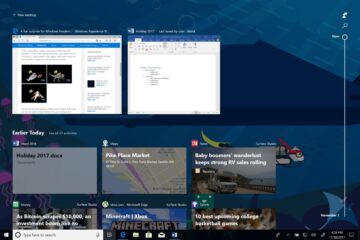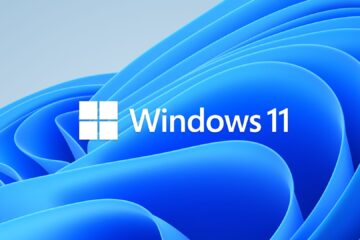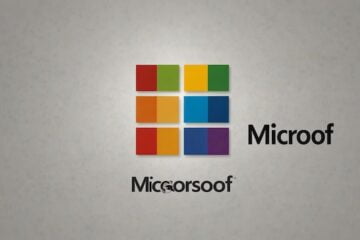A new update to Microsoft’s Windows 10 is coming, but you’re forgiven if you didn’t know. It turns out not many people are going to tell you.
Admittedly, there’s not much to talk about. The list of refinements for Microsoft’s free paper-anniversary update to Win 10 can fit on a small sheet with less than a dozen bullet points. The changes boil down to features like making the digital pen more useful, new technology to detect hacking attacks and the ability to log into a computer with a wearable device instead of a password.
The company’s Cortana voice-activated assistant will gain new features too, each of which was designed to bring the technology closer to, as Microsoft spokeswoman Laura Jones put it, “the same features of a real-life personal assistant.”
With this in mind, Microsoft and the PC industry are largely treating the August 2 launch as just another Tuesday.
That’s just fine to Roger Kay, an analyst at Endpoint Technologies Associates, who said Microsoft is better off focusing its efforts on convincing businesses to upgrade than teaching consumers — who largely don’t know what version of Windows they’re running anyway — about an incremental upgrade. “People are probably not very excited by it,” he said.
This is not the Microsoft you might remember from days of old, when the company and its partners would plow considerable resources into informing the world that a new version of Windows has arrived. In the years since Windows 8’s debut in 2012, when the company spent hundreds of millions of dollars spent telling the world about it, Microsoft has signaled change.
Satya Nadella took the reins as Microsoft’s new CEO two years ago, the Windows leadership team has changed, and the company is now releasing its widely used Word, Excel and PowerPoint Office software for phones and tablets, not just PCs. It’s even begun releasing new pet projects first, like a computer intelligence-powered camera app for Apple’s iPhone.
Windows is changing as well. The software behemoth is making good on its promise to run Windows “as a service,” meaning it will send refinements and new features to PCs a couple of times a year. The result is our PCs get new features quicker, and regular refinements of existing ones.
Microsoft also offered its latest Windows 10 software for free to nearly everyone who bought a PC in the past decade, a break with its tradition of charging hundreds of dollars for upgrades. That offerended Friday.
Learning from the past
The PC makers say they’re changing too. No longer focused on the computer-equivalent of talking about horsepower all the time, companies have settled on discussing the “experience” of using a computer. The new software, called “Windows 10 Anniversary Update,” it just a part of the overall puzzle.
Dell has opted to market its computers in two ways: ads showcasing how good they look, and others about what people do with them (like making the Ghostbusters reboot). After all, why spend time marketing Windows features every other computer maker offers? “HP has Cortana too,” said Allison Dew, head of marketing for Dell’s PCs.
HP has also chosen not to directly market Windows or its features. “Our job is testing the new PCs shipping with the anniversary release and testing existing PCs,” said Mike Nash, VP of customer experience and portfolio strategy at HP.
To be sure, that’s not a small job. In recent years, HP has stepped up its communication with Microsoft in an effort to make sure its computers offer the best experience running the latest Windows 10 features, not merely support them.
As part of that effort, Nash, who used to work at Microsoft before leaving for Amazon and eventually HP, identified the most frustrating problems with computers and sought to fix them one-by-one. Among the changes, PCs start up faster these days and battery life is getting better too.
Dell, for its part, is continuing its efforts to break with the perception that it makes bare-bones ugly workhorse PCs. “The perception of Dell as innovative is starting to turn around,” Dew said.
It’s unclear whether that’s enough at a time when Microsoft and the PC industry are clawing back respect from customers wooed by tablets, impressed by Apple’s Maclaptops, or frustrated by Windows 8.
“Is it going to stem the tide in terms of migration from the PC to mobile devices? Absolutely not,” said Van Baker, an analyst at Gartner. Still, he said, Windows Anniversary Update is worth the download.
[Source:- CNET]



